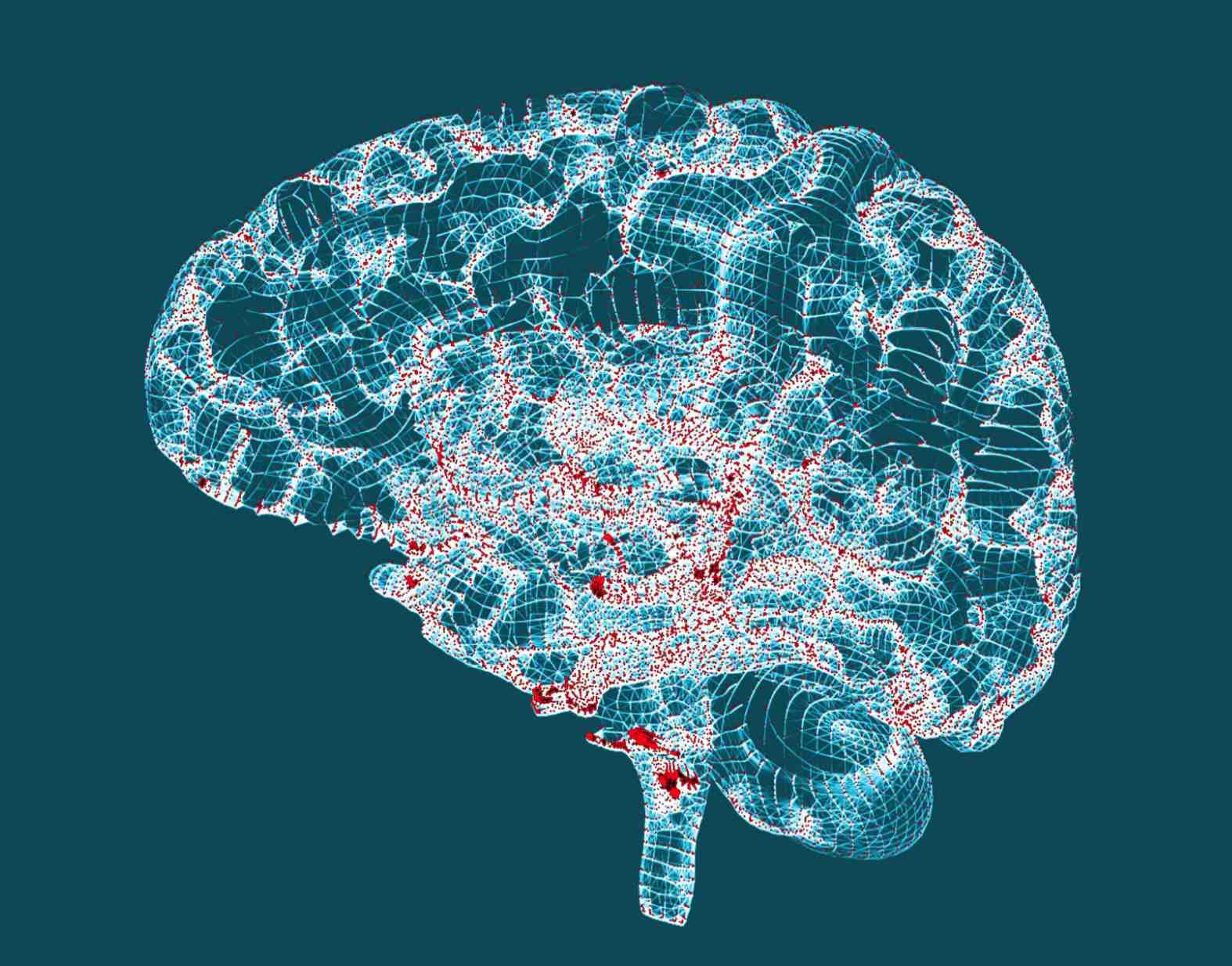
Boehringer Ingelheim is working on a speech analysis app that it hopes could eventually detect diseases like schizophrenia or Alzheimer’s disease.
The German pharma company is bringing neuroscientists and IT specialists together on the project, which will attempt to use artificial intelligence to identify the disrupted speech patterns that start to manifest in the earliest stages of neurological disorders that impair cognition.
For science fiction enthusiasts, the project calls to mind the Voight-Kampff test used in the movie Blade Runner, a series of questions to detect the subtle differences between a real and a synthetic human – or replicant.
Back in the real world, the hope is that using speech patterns as a ‘biomarker’ for diseases could provide earlier and more accurate diagnosis, and allow treatment and support to start earlier. Boehringer says it has already started clinical trials to explore the use of AI for speech analysis as an aid to diagnosis.
Disordered speech is a common symptom of many central nervous system (CNS) disorders, but generally only becomes conspicuous once the disease is advanced, says Christoph Eschenfelder, who is running the Pathologic Speech Processing project at Boehringer.

Christoph Eschenfelder
“Using specialised algorithms, we want to identify these changes more quickly,” he adds. Schizophrenia and Alzheimer’s dementia are obvious candidates to start working on because their impact on spoken language is fairly well documented.
Schizophrenia for example typically develops between the ages of 16 and 25 and gets progressively worse, but it has been shown that early intervention with treatment can slow or even prevent the worsening of symptoms.
There’s no unequivocal test for schizophrenia however, and that can make diagnosis in the early stages difficult, particularly as there is still some stigma attached to seeking psychiatric help in many societies. A simple app could conceivably allow testing to be done in primary care based on answers to just a few questions.
“We hope that the intelligent software will enable us to conduct a reliable risk assessment in minutes, with the level of precision that is expected for reliable early detection”, explains Eschenfelder.
The app will be built using recordings of interviews conducted by psychologists with trial participants, based on a specific system of questions. The speech signals are then converted into a graphical representation “so that sentence structure, meaning, intonation, and rhythm can be shown using colourful visuals,” says Boehringer.
Using AI and machine learning, the system learns to recognise and classify patterns along the way, it adds.
The hope is that the approach could identify patients in the ‘prodromal’ stage of a disease, before characteristic symptoms emerge, perhaps serving as an initial screen that could be used in tandem with other tests.
Last year, researchers in Hungary published preliminary results with a speech recognition-based system that was able to correctly distinguish between healthy subjects and those with mild cognitive impairment due to Alzheimer’s dementia. The work is published in the journal Current Alzheimer Research.




